Tell us a bit about yourself, background, and your current role.
I trained in private practice at the law firm Bindmans LLP, specialising in social welfare, inquests and human rights. I was there for 5 years before moving to the human rights organisation, Liberty, where I remained for 10 years, serving 4 as head of the legal team. At Liberty I worked on lots of different types of human rights issues, including issues affecting people with mental health problems, protest rights and the bereaved. As I approached 50, I decided I wanted a change.
I loved the cases I had been doing with bereaved military families so much and there seemed to be a real need for specialist services for those families – and we were also receiving increasing numbers of enquiries from women in the forces who had suffered sexual violence and there seemed to be nowhere for them to go to get independent advice. So, along with a former Brigadier in the Army, (Brig (ret’d) John Donnelly) and Des James, the father of Cheryl James, a young woman that died at the notorious Deepcut barracks, we set up CMJ at the end of 2019 and that is where I now work full time, along with my fantastic colleague Lucy Baston, a brilliant lawyer with a background in family law and domestic abuse work.
Lucy and I support and represent lots of service personnel – mainly women and/or racially minoritised people – who have suffered violence including sexual violence or bullying, harassment or pernicious discrimination. We also work with bereaved military families. The work and the cases we bring are often not popular – but both Lucy and I really love our work and feel privileged to work with such amazing people who do not deserve the things that have happened to them.
Did you ever sit down and plan your career?
No. I originally wanted to be an immigration lawyer.
What has been the driving force to get you where you are today?
I don’t like bullies. Sadly, you get them everywhere – but there do seem to be an awful lot of them in the armed forces.
What has been the most significant barrier in your career?
Initially, confidence. I didn’t decide to study law until I was in my late 20s and I already had a family by then. But once I decided to become a solicitor, I have always been lucky to work with brilliant colleagues and bosses who have always encouraged and supported me.
What’s the most important risk you took and why?
Giving up a good, secure, reasonably well-paid job to set up a small struggling charity was quite a risk. Four years on and things seem to have been a success – but being responsible for the legal work, and all the organisational and fundraising too, is a lot to manage and can be very stressful at times. It was a risk worth taking and I very proud of the CMJ. I know we have made a big difference to a lot of women.
What advice do you wish someone had given you earlier in your career?
I wish I had been made to learn Excel properly. I hate it so much.
What are some of your biggest strengths and weaknesses as a leader?
You really need to ask my fantastic colleague Lucy. As to strengths, I hope she would say I am approachable and supportive and fun to work with, notwithstanding the horrible things we have to support our clients with every day. I think I am a persuasive and respectful advocate for people.
As to weaknesses, I am bad at maths and my accountant will tell you I am always trying to put off my meetings with him. Also, Excel.
How do you continue to grow and develop as a leader?
I have benefited from some helpful leadership coaching and mentoring. I genuinely want to know what I could be doing better and regularly check in with Lucy and encourage her to ‘manage up’.
What advice do you have for women who are thinking about shaping their personal brand and developing a reputation for excellence?
I would avoid talking about ‘shaping (your) personal brand’ for one thing! Best advice is: Just do the work. Support other women. Take credit for the good things you have done and don’t downplay them.
How do you prioritise work-life balance, and what advice do you have for junior professionals who are struggling to find balance?
Oh, this is really hard. I have not always got the balance right. There is so much to do – and if you feel passionately about something it can be hard not to get on and do it. You shouldn’t feel bad because you love your job and want to spend a lot of time on it. But there must be limits. Set limits and stick to them – when my kids were young, I made sure my colleagues knew I had to leave the office no later than 530pm every day and I made sure I left on time (even when I didn’t have to). Turn off your social media (or limit your time). Set a little time aside every day to read a good book. Walk the dog.
Conclusion
Emma Norton’s journey is a testament to the power of passion and resilience in the face of adversity. From her early days at Bindmans LLP to her pivotal role at Liberty, and now as the driving force behind CMJ, Emma’s dedication to human rights and justice shines through. Her unwavering commitment to supporting service personnel and bereaved military families, particularly women and racially minoritised individuals, underscores the importance of her work.
Emma’s candid reflections offer invaluable insights for anyone looking to make a meaningful impact in their field. Her advice to “just do the work,” support other women, and take credit for one’s achievements resonates deeply. Moreover, her honest discussion about the challenges of work-life balance and the importance of setting limits is a powerful reminder that personal well-being is crucial for sustained success.
At CMJ, Emma continues to be a beacon of hope and change, advocating for those who have suffered violence, discrimination, and injustice. Her story is an inspiration, demonstrating that with courage, empathy, and determination, one can indeed make a significant difference in the world.





Responses